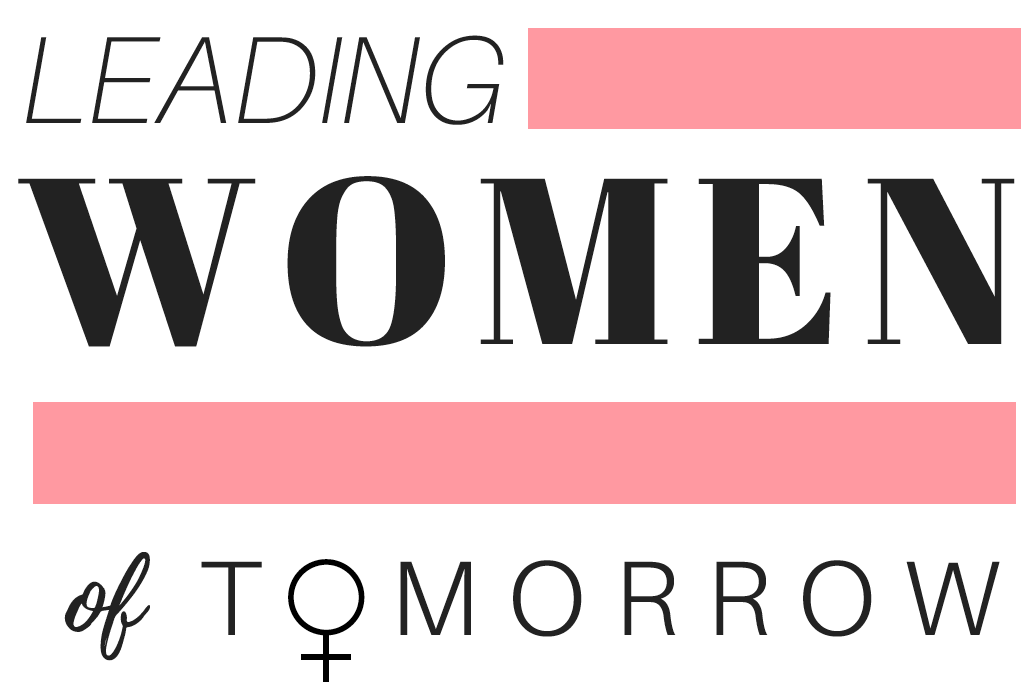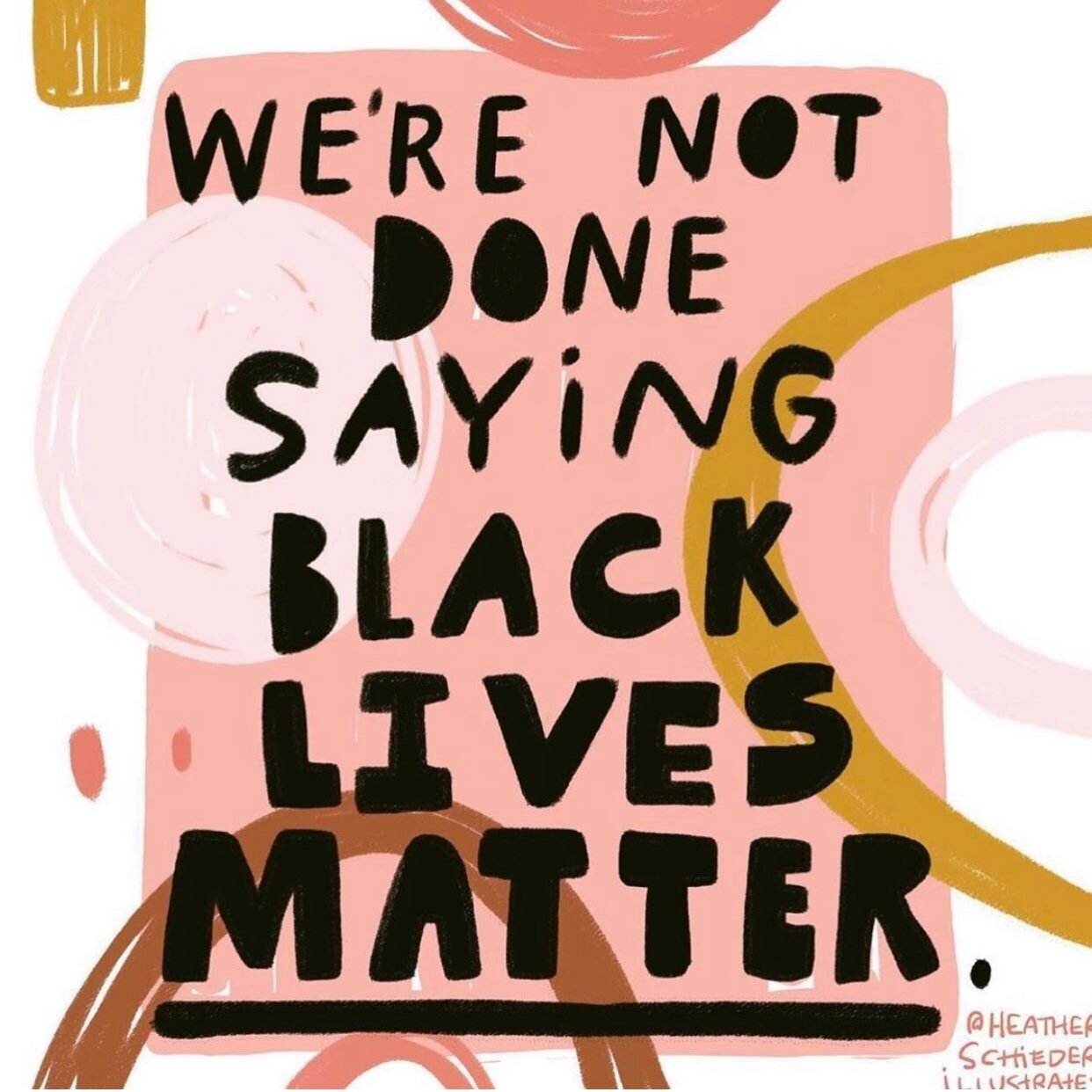Protect Black Womxn.
Heather Schieder Illustrates
Misogynoir - a term coined by queer Black feminist Moya Bailey in 2010, it describes the intersection between misogyny and racism that Black women experience.
While misogynoir may be a new word for most of us, misogyny is one all too familiar to most. It threatens the integrity, respect, and safety of womxn, misogyny is violent and it fuels the patriarchal practices and politics that police womxn’s bodies and actions to this day.
Misogynoir encompasses the specific experience of the Black womxn in America. This begins in early childhood, starting with the adultification of Black girls, this means that Black girls from ages 5-14 are often seen as “less innocent” and more adult-like compared to their white counterparts. This rhetoric is incredibly harmful to not only the preservation of childhood and innocence of young Black girls, but it also hypersexualizes them. According to the U.S. Department of Justice 1 in 4 Black girls are sexually abused before the age of 18, and 1 in 5 Black womxn are survivors of rape.
Misogynoir can also serve to describe the injustices that happen every day to Black womxn, they are killed at higher rates of any other group of womxn and often suffer significantly higher rates of psychological abuse. According to a study by the Inter-American Commission on Human Rights, in the Americas, trans womxn of color have a life expectancy of 30-35 years of age, as opposed to the typical life span of a cisgender person at around 78 years old. The 48-year difference is shocking and unsettling, one of the most vulnerable groups in America is the Black trans womxn. We must protect all Black womxn, including queer and non-binary Black womxn, every single one of them.
Black womxn are dying in a system that is built to undermine and undervalue their bodies, minds, and humanity. Black mothers have been disproportionately affected by maternal death in the United States. Black womxn are three to four times more likely to die in childbirth than white womxn, and according to the CDC, nearly 60% of such deaths are preventable. This highlights institutional racial bias in healthcare, such as healthcare providers not taking symptoms and health concerns seriously. The dismissal of a Black womxns pain derives from the myth that enslaved Black womxn don’t feel pain or exaggerate. This idea is inhumane and a threat to their health and livelihood. Black womxn that were enslaved were often treated as less than a person and repeatedly sexually abused and overworked. In Angela Davis’ “Reflections on the Black Woman's role in the community of Slaves" they focus on the Black womxns crucial role to their families and communities, "her indispensable efforts to ensure the survival of her people can hardly be consented by virtue of the brutal force of circumstances, the black woman was assigned the mission of promoting the consciousness and practice of resistance (84). This placed the movement towards resistance and liberation on the shoulders of the enslaved Black mothers and wives, further building the stereotype of “the strong Black woman”.
These systems of oppression are only touching the surface of the daily injustices experienced by Black womxn. Police brutality targets Black womxn too, I say this with Breonna Taylor in mind. A womxn, sleeping in her bed in the safety of her own home was murdered without justice. Sha-Asia Wahington was killed during childbirth, a preventable death that medical providers ignored. Oluwatoyin Salau, a passionate activist that was tragically raped and murdered. These womxn were failed by a system structured to see their suffering and eventual demise. Enough is enough. We must protect Black womxn at all costs, end the senseless killings and tear down racist and sexist systems. End capitalism. Fire and prosecute Breonna Taylor’s killers, Jonathan Mattingly, Brett Hankinson, and Myles Cosgrove. Abolish the police.
SAY. HER. NAME.
I hope you scream their names. No Justice, No Peace.
Breonna Taylor
Oluwatoyin Salau
Sandra Bland
Sha-Asia Washington
Natasha Mckenna
Michelle Cusseaux
Riah Milton
Dominique “Rem’mie” Fells
Alburta Spruill
Shelly Frey
Kayla Moore
Kyam Livingston
Miriam Carey
Tanisha Anderson
Rekia Boyd
Shantel Davis
Atatiana Jefferson
Charleena Chavon
Korryn Gaines
Elanor Bumpers
Tyisha Miller
Danette Daniels
Sonji Taylor
LaTanya Haggerty
Aiyana Stanley-Jones
Alesia Thomas
Renisha Mcbride
Gabriella Navarez

